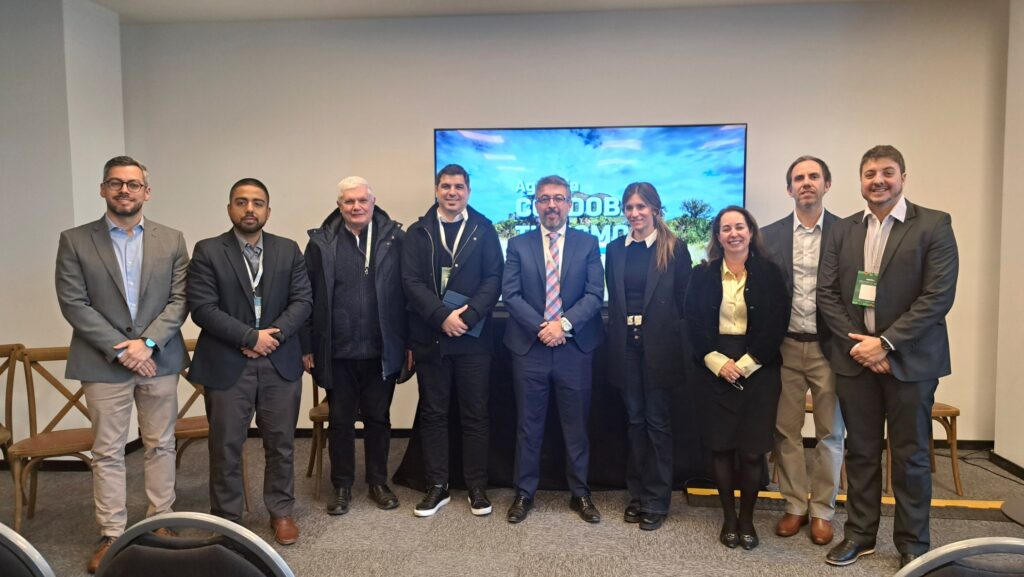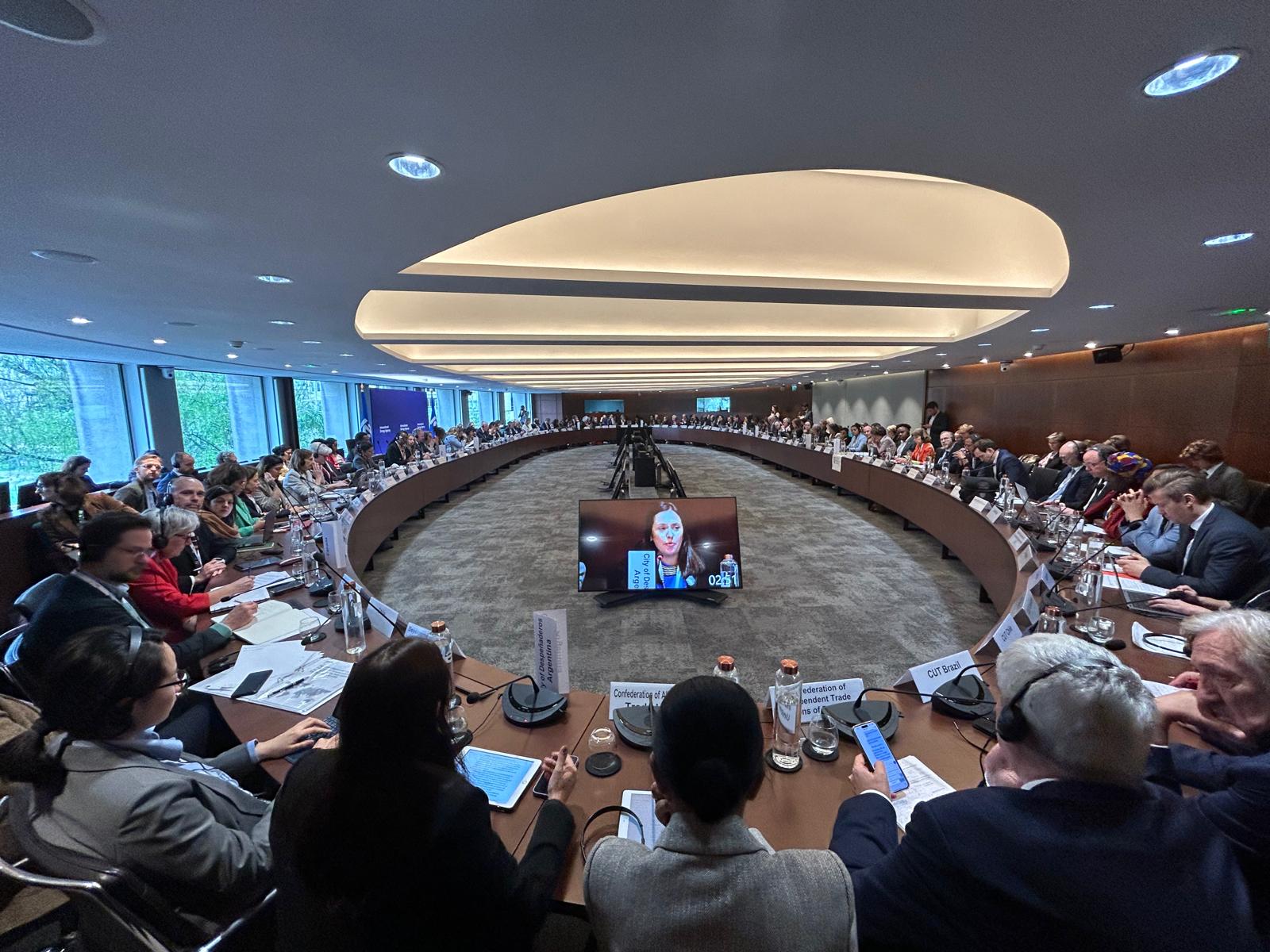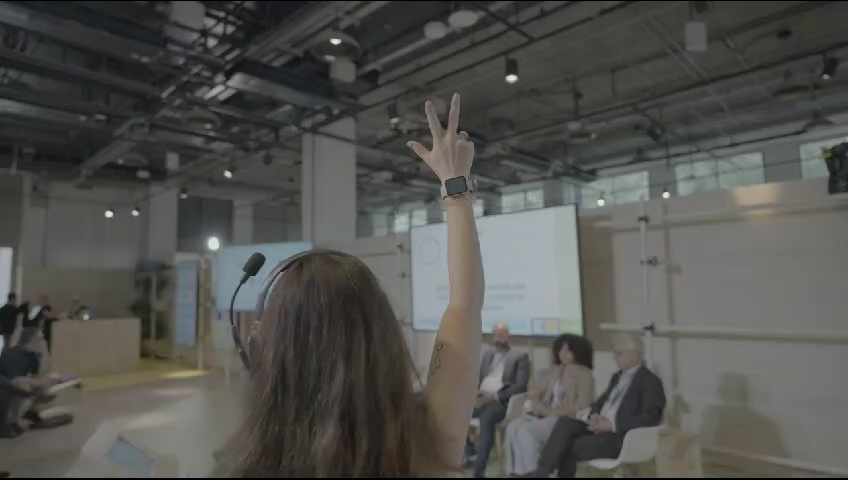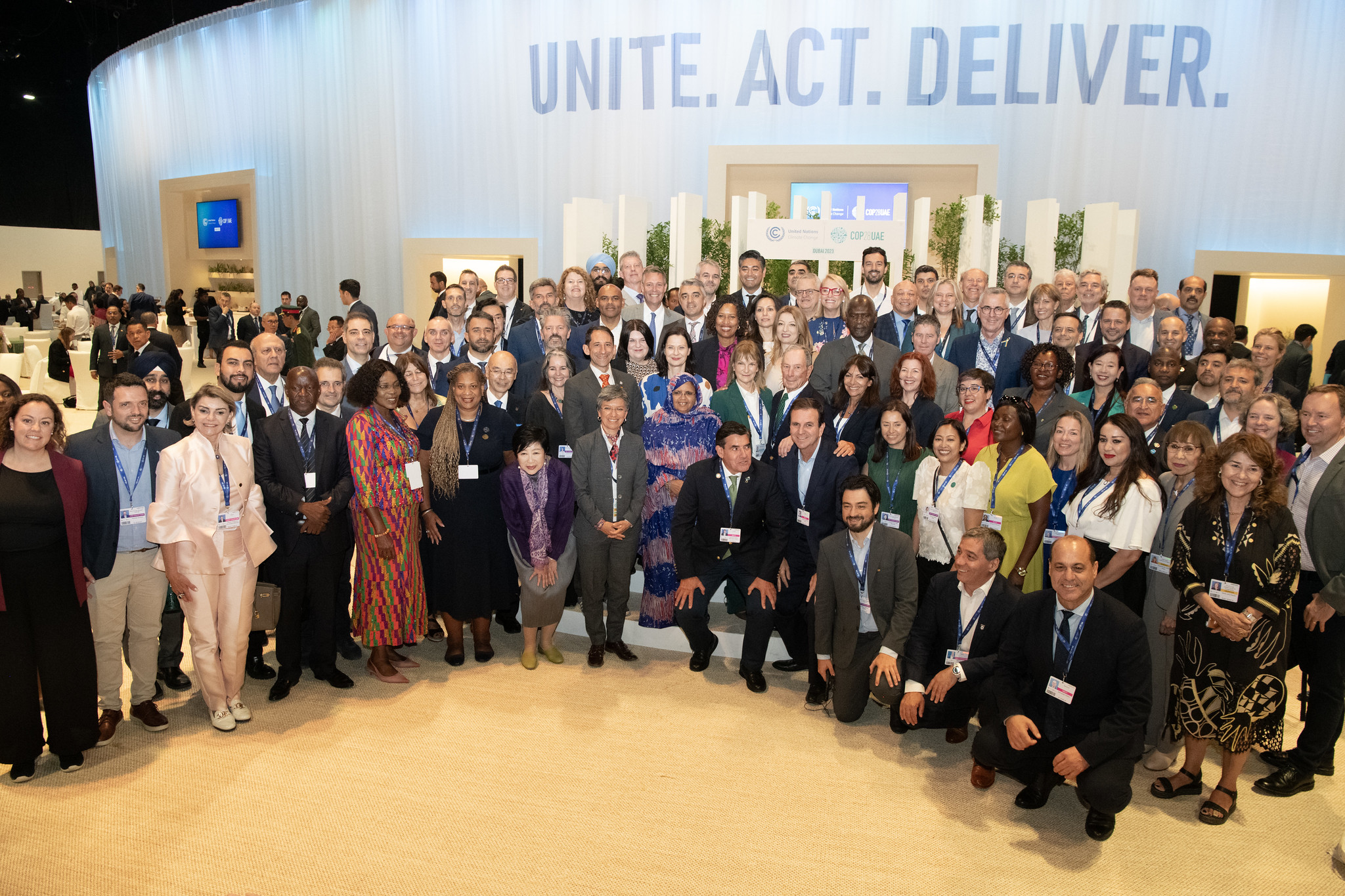Strengthening Early‑Stage Support to Accelerate Urban Climate Finance in Latin America and the Caribbean

As cities race to meet their climate goals, one key challenge remains: turning ideas into projects that can attract real investment. But cities don’t have to face this challenge alone.
On 3 July 2025, during the International Climate Conference 2025 (CCI25) held in Córdoba, Argentina, the Global Covenant of Mayors for Climate and Energy (GCoM), together with the City Climate Finance Gap Fund, Bankable Cities, and Invest4Cities initiative, hosted a session titled “Learning from Action”, focused on scaling early-stage support to unlock climate finance for cities in Latin America and the Caribbean.
The session brought together cities, city networks, subnational governments, project preparation facilities (PPFs), and multilateral development banks (MDBs) to explore how to strengthen coordination, technical assistance, and enabling environments for local climate project development.
Urban Climate Finance: From Pipeline to Implementation
Asma Jhina, Senior Advisor at GCoM, opened the session by presenting the urban climate finance strategy under the Innovate4Cities pillar. She introduced the PPF Connector, a matchmaking initiative designed to facilitate cooperation among preparation facilities and accelerate project bankability and implementation.
Robson Monteiro, Executive Secretary of the Green Brazil Consortium, shared how a coalition of 15 Brazilian states is acting as an intermediary between cities and the federal government, enabling multi-level coordination and aligning investment priorities.
The banks’ representatives offered insights from the financing community, underscoring the need for early-stage project support and coherent policy frameworks. Victoria Frascarelli, Urban Development Specialist, World Bank, Argentina, focused on the bank’s work in Argentina and Paraguay at the intersection between land use, housing and climate change. At his turn, Alejandro Miranda, Senior Executive, Biodiversity and Climate Technical Advisory Division, CAF, commented on their regional experience and highlighted that in countries like Argentina, most cities cannot contract loans directly, thus early communication with provincial governments is crucial to ensure municipal projects are considered during high-level financing negotiations.
City Experiences: Aggregation, Innovation, and Local Leadership
Effective climate action requires cities to plan and implement robust projects. However, cities lack the sufficient resources for it. This is why the support offered by PPFs is instrumental, as shown in this session.
Three cases from Latin America showcased how early-stage technical assistance is helping cities advance finance-ready climate projects with strong local ownership and replicability potential.
The RAMCC project, supported by the Gap Fund through the European Investment Bank, stood out as a leading example of aggregation. Ten small and mid-sized municipalities across five provinces in Argentina received coordinated technical assistance to design distributed solar photovoltaic projects. The initiative highlights how city networks can pool resources and streamline efforts to scale up impact, reduce costs, and attract investor attention, particularly for cities that often struggle to access financing on their own.
From Chile, the Municipality of Independencia presented a nature-based solution to address heatwaves and water insecurity, retrofitting public schools with green infrastructure. With support from Bankable Cities, the project includes vegetated façades and internal landscaping in four schools, acting as climate shelters.
The city of Rosario, Argentina, shared a pilot for a collaborative urban solar plant on the rooftop of a public market. The initiative, also backed by Bankable Cities, is designed as a stepping stone toward larger-scale solar generation, including a proposed expansion to a 40-hectare former landfill. The project explores innovative governance and financing models such as energy trusts and public-private partnerships.
Together, these cases illustrate the diversity of local solutions and the critical role of early-stage support in turning ideas into structured, finance-ready climate projects.
Dialogue and Reflections
A final interactive segment allowed participants to exchange views with speakers. The need for early project visibility, multilevel coordination, and aggregation strategies were consistently raised as key enablers of urban climate finance. Subnational actors underscored the importance of trusted intermediaries—whether provincial governments or city networks—to bridge capacity and financing gaps.
“This session is highly relevant for intermediate municipalities like ours, allowing them to understand how funding agencies operate with the national and provincial governments. In San Justo, we have the experience of presenting our climate projects early to the provincial government. As a result, we have now secured funding from CAF and FDA to implement part of a biological corridor jointly with the city of Santa Fe and 10 other municipalities”, said Nicolás Cuesta, mayor of San Justo, Argentina and member of GCoM Mayors Forum for Latin America.
Moving Forward
The “Learning from Action” session reaffirmed the importance of connecting cities, technical partners, and financing institutions through dedicated spaces for dialogue. These exchanges continue to be instrumental in catalyzing collaboration and surfacing investment opportunities.
Key takeaways:
- Early engagement is critical: Cities benefit when their projects are visible early on to national and financing actors—especially where subnational borrowing is limited.
- PPF coordination boosts impact: The growing ecosystem of Project Preparation Facilities needs greater alignment. Tools like the PPF Connector help link cities to the right support at the right time.
- Networking enables future partnerships: These sessions create trust and visibility, opening the door to future collaboration across sectors and levels of government.
As GCoM continues its work across Latin America and the Caribbean, the success of this session underscores the importance of keeping the momentum alive, supporting cities not only with tools and frameworks, but also with opportunities to build bridges and seize new financing opportunities.

Strengthening Early‑Stage Support to Accelerate Urban Climate Finance in Latin America and the CaribbeanJuly 25, 2025

Strengthening Early‑Stage Support to Accelerate Urban Climate Finance in Latin America and the CaribbeanJuly 25, 2025
